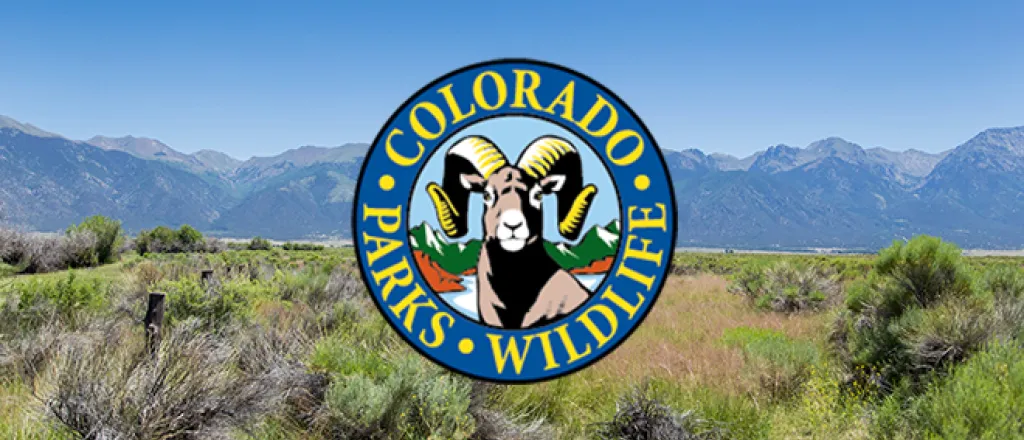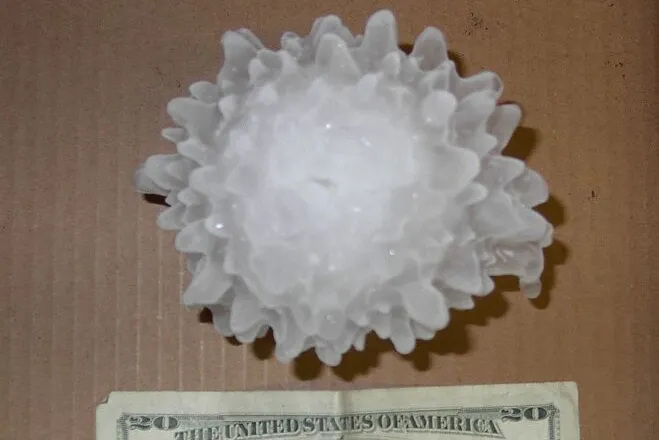
Parks and Wildlife Reminds Boaters of Inspection Requirements
As boating season approaches, Colorado Parks and Wildlife reminds boaters once again to help prevent the spread of aquatic nuisance species (ANS). Memorial Day weekend may officially kick off the 2016 boating season, but some lakes and reservoirs are slated to open as early as March 1.
The best way to stop the spread of ANS is to be sure your watercraft and all gear is clean, drained and dry in between each and every use. If it can’t be drained (e.g. ballast tanks, inboard/outboard or inboard engines) it needs to be decontaminated when moving between locations within 30 days that are positive and negative for ANS.
CPW regulation requires inspection for all boats that were launched at any time in another state, prior to entering Colorado’s waters, and after boating in any waters positive for zebra and quagga mussels, non-native waterflea, New Zealand mudsnail, or Eurasian watermilfoil.
The 2015 season marked the highest number of infested mussel interceptions from out-of-state boats. CPW’s inspection and decontamination program halted 24 infested boats from contaminating Colorado waters with zebra or quagga mussels.
“A zebra or quagga mussel infestation could make water delivery and infrastructure systems for homes, farms and businesses very expensive.” said Elizabeth Brown, CPW’s invasive species coordinator. “Keeping Colorado’s waters free of invasive species is also critical to providing high quality fishing and boating opportunities for our residents and visitors.”
Many Colorado residents are familiar with the program and are well versed in watercraft inspection and decontamination procedures.
“Boaters active participation is crucial to not only keep zebra and quagga mussels out of Colorado, but also to keep other ANS from moving around within Colorado,” adds Brown. “Each ANS negatively impacts water use.”
“Active participation is easier when boaters know before they go,” said Robert Walters, CPW’s invasive species specialist.
CPW tools like the green seal with receipt program, and decontamination is a free resource for boaters available at 6060 Broadway, Denver, or any inspection station.
“The seals relate information to the next inspector about the boat and may enable boaters to get on the water faster. If a boat is returning to the same location or moving between negative waters with a seal and receipt, the inspection will only take a few seconds,” added Walters. “The same is true if the boat has been out of the water for more than 30 days.”
Mussels can survive out of water for 30 days. If boats move from positive waters to negative waters, the boat must be clean, drained and dry for 30 days or decontaminated to prevent the spread of ANS within the state.
“The system really works to prevent introductions and movement of ANS by recreational boats,” said Brown. “In the last few years, Colorado has been able to take almost all waters off of the positive list for zebra and quagga mussels, while waters in other states, such as in Arizona, Kansas, Oklahoma, Texas, South Dakota and Lake Powell in Utah, without mandatory inspection and decontamination programs, continue to become infested.”
CPW appreciates the active participation of boaters in protecting Colorado’s waters and recreation from invasive species.
Learn more at http://cpw.state.co.us/thingstodo/Pages/BoatInspection.aspx or contact CPW’s Invasive Species Program office at 303-291-7295.
Download the Boater’s Guide to ANS and Protect Colorado’s Land and Waters brochures.















